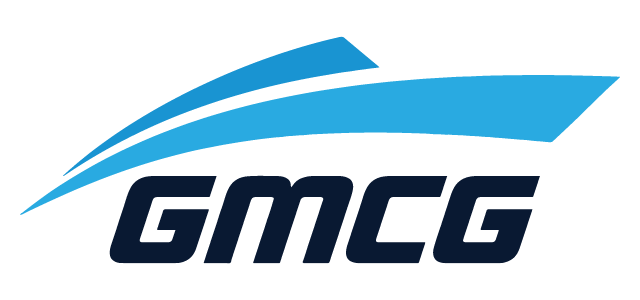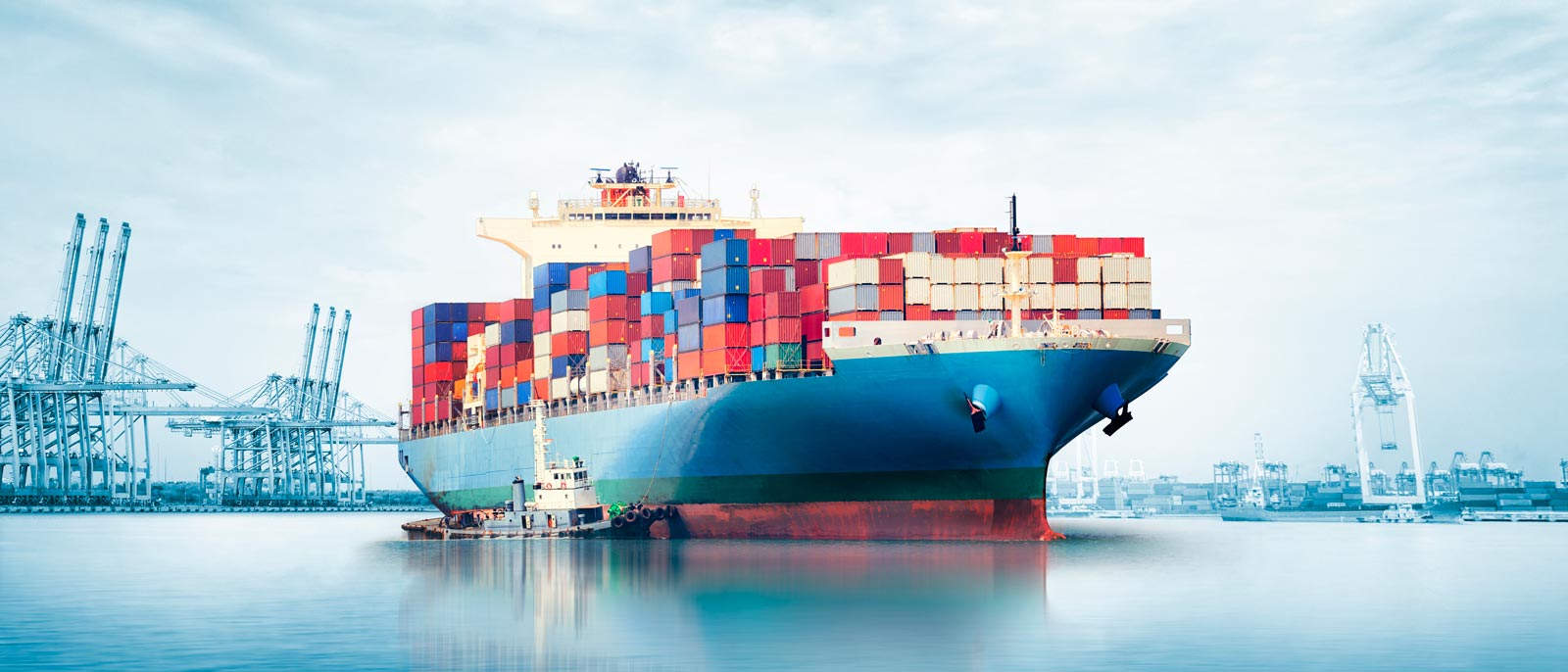IMO Sulphur Cap Recap: Where we stand and what’s next
As we are two months into 2020, IMO’s sulphur cap is being implemented worldwide and considering the radicality of the new regulation, its implementation has been smooth so far. However, that does not mean that there are no breaching cases, while the discussion regarding the best way to comply has heated up. What’s more, from March 1st, the regulation will enter the next phase, meaning that the industry has only few days to discharge fuel that has a sulphur content greater than 0.50% m/m.
Sulphur cap transition so far :
According to the IMO, first information indicates that the transition to the 0.5% sulphur cap for bunker fuel has been relatively smooth.
As a matter of fact, prices for compliant fuels, very-low sulfur fuel oil (VLSFO) and marine gas oil (MGO), increased at the beginning of the year, but now they seem to be stabilizing.
Commenting on the smooth transition to the new reality, IMO Secretary-General Kitack Lim said that:
It is testimony to the diligence and dedication of IMO, its Member States, the shipping industry, the fuel supply industry and other relevant industries that such a major rule change is being implemented successfully
However, that does not mean that there aren’t any ships breaching the regulation. What is more, shipping must not rest, as March 1, 2020 marks another significant date.
First non-compliance cases
Some of the first incidents of non-compliance were reported in China. As the Standard Club informs, since 1 January 2020 there have been two separate ships in Chinese waters that were using non-compliant fuel.
The first ship was under a port state control inspection in Qingdao China, when the Chinese Maritime Safety Administration (MSA) verified the use of fuel oil with a sulphur content of .6777% mm.
The second ship was berthed in Xiamen when the MSA discovered that it was burning non-compliant fuel.
As for the penalties for these ships, it is not clear yet if the MSA will fine them. According to Article 106 of China’s Atmospheric Pollution Prevention and Control Law, ships can be fined no less than US $1,445, but no more than US $14,452.
Sediment problems at ports
In addition to occasional non-compliance, some problems have also been noticed at ports. Namely, Veritas Petroleum Services informed that between 24th December 2019 and 21st January 2020, has issued seven Bunker Alerts regarding sediment issues within VLSFO fuels , for:
- Singapore;
- Piraeus;
- Amsterdam;
- Rotterdam;
- Miami;
- San Vincente.
I’ve never known such a concentrated frequency of bunker alerts to be issued in relation to a single fuel quality problem as we have seen with sediment problems in VLSFOs over the past four weeks
stated Steve Bee, Group Commercial & Business Development Director for VPS.
Scrubbers vs LNG
The “rivalry” between scrubbers and LNG continues. As a matter of fact, the Cruise Lines International Association highlighted the findings of three independent reports released in 2019 suggesting that, when operated in open-loop mode, scrubbers have minimal impact on water and sediment quality.
Nevertheless, a study released at the beginning of the year made a great deal of noise. Finland and Germany submitted a study to the IMO, claiming that new blends of marine fuels with 0.50% sulphur content can contain a large percentage of aromatic compounds, which can in fact increase Black Carbon emissions.
Moreover, a report published by the International Council on Clean Transportation (ICCT) and commissioned by the environmental lobby group Stand.earth, claims that LNG-ships do not achieve the emissions reductions as required by the IMO’s initial GHG strategy. On the contrary, using LNG could worsen the shipping industry’s climate impacts.

Responding to the report, SEA-LNG and SGMF note that the findings are based on analysis of the 20-year global warming potential data, rather than the more commonly used 100-year metric. They also add that the balance of LNG shipping numbers quoted in the study are ‘heavily biased towards coastal vessels’, and do not include many deep-sea ocean vessels.
Coming next: Fuel carriage ban
The main part of the 2020 sulphur may have been enforced, but shipping must not forget another very important date: that of March 1st, 2020. From that date, ships will be banned from even carrying non-compliant marine fuels.
Kitack Lim has himself reminded operators the significance of this date, calling all shipowners, operators and masters to comply with the carriage ban, where applicable, when it comes into effect.
Looking ahead, enforcement action and quality issues will remain live topics as the shipping industry adjusts to the sulphur cap. The next pinch point will be 1 March 2020 when the carriage ban takes effect
Beth Bradley, Partner at Hill Dickinson, mentioned.
PSC in the spotlight
Another area that will change with the new regulation, are PSC inspections. At first, PSC authorities will inspect vessels based on their risk potential, which could be based on their PSC performance, age, flag, classification society and ISM manager performance.
PSC may also target a ship if they are alerted by a third party, such as a pilot, or by ‘sniffing’ devices that detect stack emissions.
Once a PSC takes place, it will try to determine the ship’s compliance by focusing on documents and procedures maintained on board.
The inspection will largely depend on the factor whether the vessel has a scrubber installed. More specifically, PSC inspectors will ask to see several documents, such as:
- Ship’s certificates relating to MARPOL Annex VI (e.g. IAPPC + supplement, EIAPPC);
- Bunker delivery notes (BDN) retained as required;
- Bunker operation checklists;
- Oil Record Book(s);
- Bunker certificates of quality;
- Ship implementation plan.
Finally, if the ship does not have a scrubber or its use is banned from the port, then the PSC could check if the fuel is compliant.


